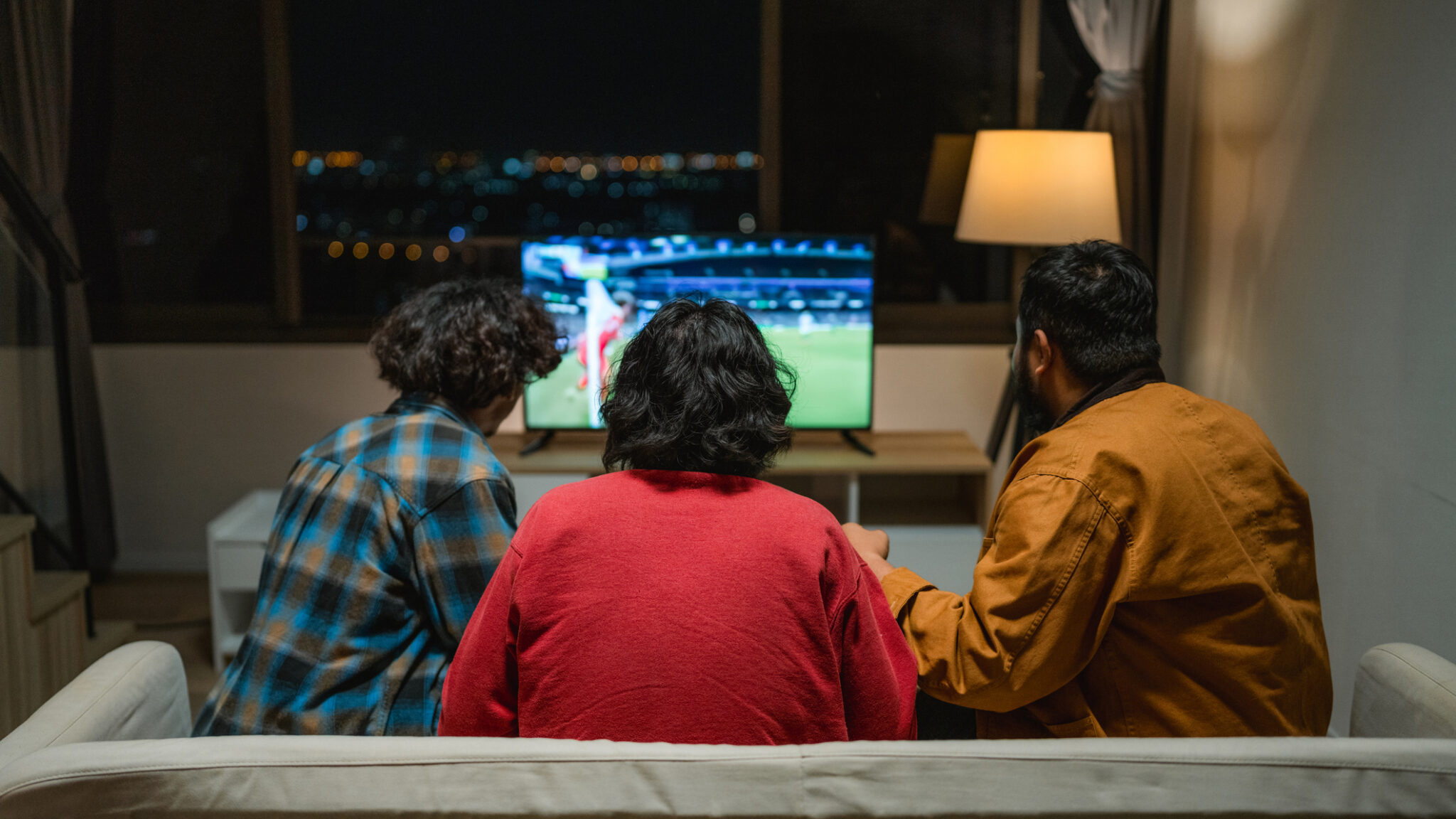Nothing brings people together like live sports, but you can forget about a cable subscription if you’re on a student budget. They’re not just eye-wateringly expensive – blackout restrictions mean you might not even get to watch your local team.
The NFL, MLB, NHL, and NBA have agreements in place that prevent games from being televised or live-streamed nationally in local markets. But what if we told you there was a way you could save money, live stream any game you wanted to, and protect your online privacy?
A VPN might just transform the way you watch live sports. Having tested them extensively and formed a best VPN rankings list, we know exactly what to look out for.
What are sports blackouts?
Sports blackouts exist to protect the earnings of teams, local broadcasters and, ultimately, the sports leagues themselves. Naturally, this comes at the cost of supporters.
The logic behind blackouts is old-fashioned, to put it politely. It assumes that fans will be more likely to attend their local team’s games if they aren’t able to watch them via a national broadcaster or streaming service.
What it fails to take into account is that tickets have become near-enough unaffordable since these rules were concocted, that fans attending games often also need to pay for transport, parking, and overpriced refreshments, and that familiarity is what fosters fan loyalty. If you can’t actually watch your local team, you’re less likely to build and maintain a connection with them (and buy their merch). Especially when there’s plenty of other great live sport and TV to watch all around the clock.
National broadcasts of NFL, MLB, NHL, and NBA games are subject to blackouts in markets where the game is being covered by a local broadcaster
Broadly, national broadcasts of NFL, MLB, NHL, and NBA games are subject to blackouts in markets where the game is being covered by a local broadcaster. However, national broadcasters have exclusive rights to select regular-season and postseason games.
Blackouts can be extremely heavy-handed, too. Brewers, Cardinals, Cubs, Royals, Twins, and White Sox games are subject to blackouts in Iowa, and Brewers games aren’t shown at all in the state – neither on national networks nor on local networks – because the regional sports network (RSN) Bally Sports Wisconsin isn’t available there. Similarly, Angels, Athletics, Diamondbacks, Dodgers, Padres, and Giants games are subject to blackouts in Las Vegas.
At this point, you may be resigned to giving up on your local team altogether, or worse – breaking the bank for a slap-up cable package equipped with every sports channel under the sun.
However, there is a better way.
Sports blackouts can’t be enforced quite as stringently upon streaming services such as Sling TV or Fubo, which work in a completely different manner than traditional cable. With a little ingenuity, you can get around blackout restrictions. Better yet, streams are much cheaper than cable, too.
How does a VPN help?
A VPN, short for virtual private network, is a tool that lets you change your IP address, making it look as if you’re in a different town, city, state or country, at the click of a button.
VPN operators have servers all around the world, and a subscription lets you tap into any of them as you please. This feature is known as IP spoofing, and it’s particularly useful for getting around sports blackouts and geo-blocking.
It can help to think of it as virtual teleportation.
If you’re in NYC and use a VPN to connect to a server in LA, for instance, any websites and services you then access will register the IP address you’ve temporarily been assigned, and treat you as if you live in LA, serving you local news, weather and ads, and out-of-market games too.
So if you’re struggling to watch Yankees, Mets, Knicks, Nets, Islanders, Rangers, Giants or even Jets games because they’re blacked out in New York and you don’t have a cable package or your local RSN, using a VPN to connect to a server outside the state will solve your problem.
VPNs work on an international level too, so if you’re studying abroad and feeling lonely, or just on vacation, you can get a small taste of home easily, whether it’s live sports you’re craving or superb shows you won’t get anywhere else, like The Bold and the Beautiful.
Even global services like Netflix are only licensed to show certain TV shows and movies in specific locations. With a VPN, you’ll see just how much its content library differs from country to country.
How to choose a sports VPN
Choosing a VPN can be a bit like building a fantasy football team. There’s always a temptation to go with the very cheapest option and hope for the best, but – to mix metaphors – with just a little bit of thought you can cover every base.
- Servers – While quantity isn’t everything, a VPN with an extensive network of servers, spread across the globe, will grant you access to more IP addresses, enabling you to unlock more local networks, broadcasters and streaming services as a result.
- Speed – Unlocking the broadcast of a game isn’t the same as watching it, and the best VPNs will let you live stream sports in HD or even 4K. Some of the smoothest VPNs support WireGuard, a new VPN protocol designed to transmit data more efficiently, or a proprietary option based on it.
- Security – The security benefits outweigh even the streaming perks for many VPN users, especially so in an unstable world, in which the right to criticise government policy and politicians is being stamped out. VPNs anonymize your internet browsing data by encrypting it, preventing government authorities, ISPs, cybercriminals, websites and advertisers from keeping tabs on your online activities. Industry-standard encryption and an audited no-logs policy are the bare minimum you should expect from your VPN. Additional features, such as ad- or malware-blockers, are a bonus.
- Price – Money’s tight for most students, but beware free VPNs. Some are only free because they collect their users’ data and sell it. Even the very best VPNs cost less than one bad cup of coffee per month, or the bus fare for that seminar you skipped, and many of them offer a free trial or a money-back guarantee. Consider it a small but valuable investment in yourself.
- App support – Any VPN worth its salt will be compatible with most modern smartphones, tablets and laptops, meaning you can stay protected and get around geo-blocking whether you’re at home, out and about or tucked up in bed. You can always tune in on a bigger screen with the aid of a Chromecast or HDMI lead. However, some VPNs go further, with apps that work directly on smart TVs (if your budget can stretch to one).
Read the full article here














